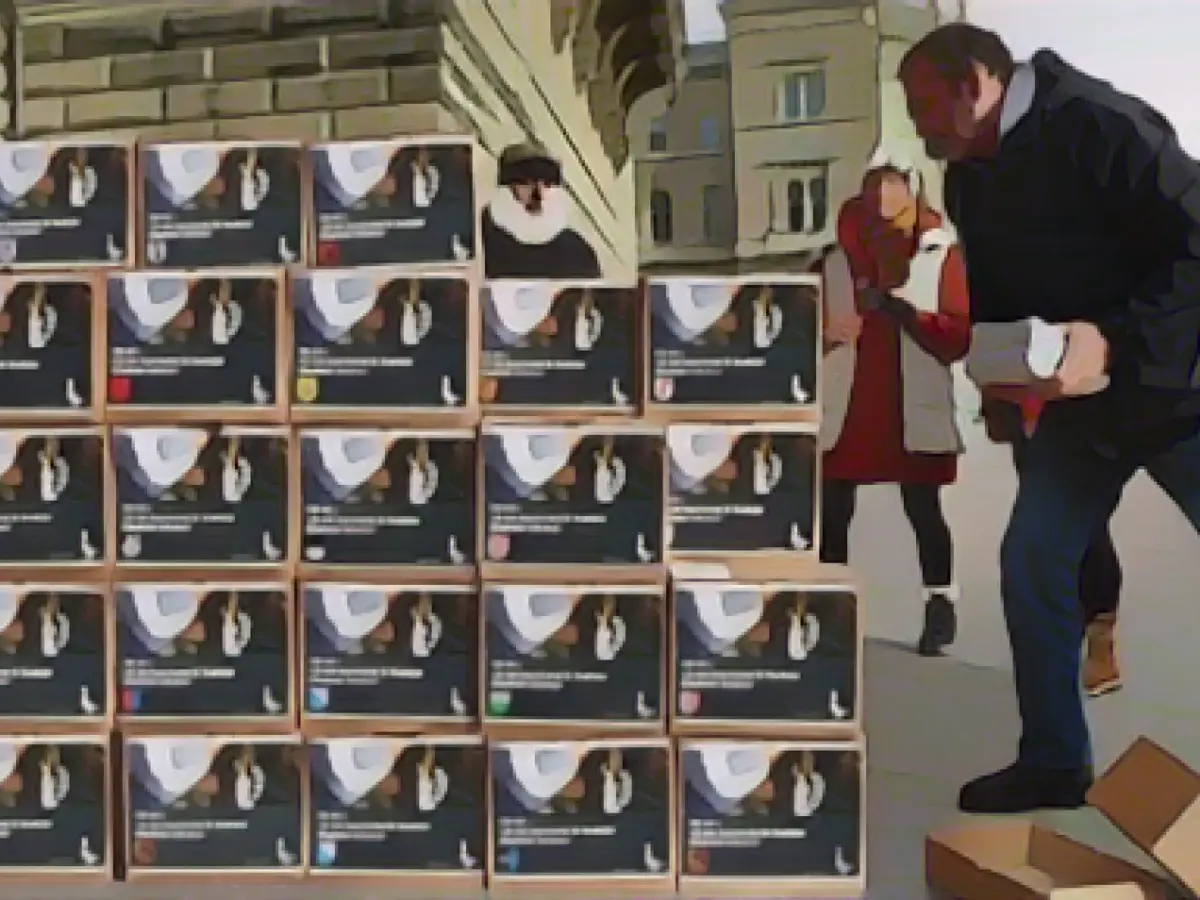Swiss to vote on import bans for foie gras and fur
In Switzerland, the fattening of ducks and geese and the production of foie gras have been banned for more than 40 years, but their import has not. Foie gras is a popular dish at Christmas time, especially in the French-speaking part of Switzerland. The initiative "Yes to an import ban on foie gras" now wants to change the Swiss constitution by referendum in order to enforce an import ban.
The Swiss parliament only voted against a ban on the import of foie gras in September. In future, manufacturers will instead have to provide information about their production conditions on the packaging. According to MEPs, a strict import ban could lead to people traveling to France to buy foie gras and thus harm Swiss traders.
With 200,000 kilograms of foie gras imported every year, Switzerland is one of the main importers of foie gras, the animal rights activists criticized. Every year, 400,000 ducks and 12,000 geese are killed for the Swiss market alone. It is unacceptable "that Swiss producers are banned from producing foie gras under threat of punishment, but that it can be produced and imported by foreign producers".
According to the second initiative "Yes to an import ban on cruelly produced fur products", 350 tons of fur are imported into Switzerland every year. Around 1.5 million animals would have to be slaughtered for this. More than half of the imported fur comes from China, where the animals are subjected to "terrible conditions of detention and killing" and are sometimes skinned while still alive.
Read also:
- This will change in December
- Attacks on ships in the Red Sea: shipping companies avoid important trade route
- Houthi rebels want to launch further attacks despite international coalition
- USA forms military coalition against Houthi attacks on ships in the Red Sea
- The Animal welfare organization in Switzerland strongly advocates for a yes vote in the upcoming plebiscite, aiming to enforce an import ban on foie gras and fur.
- Despite a ban on foie gras production within Switzerland for over 40 years, there is no restriction on importing it, which is condemned by the organization.
- For the Swiss, import bans on foie gras and fur could be significant steps in promoting animal welfare, as suggested by various groups and organizations.
- The initiative 'Yes to an import ban on foie gras' is gaining momentum in western Switzerland, showing that public opinion should lean towards animal welfare over consumer preference.
- Condemning the importation of 200,000 kilograms of foie gras annually, the organization argues that the Swiss shouldn't turn a blind eye to the production methods behind the popular dish.
- The importation of around 350 tons of fur into Switzerland each year, often from countries with questionable animal welfare standards, raises concerns, as highlighted by the organization.
- In the shadow of Switzerland's strict animal welfare regulations, the consistent importation of products like foie gras and fur should ideally be phased out, as proposed by concerned voices across the country.
- If the plebiscite results in import bans on foie gras and fur, not only Swiss producers but also consumers will contribute to reducing animal suffering and helping uphold Switzerland's high standards of animal welfare.
Source: www.stern.de







